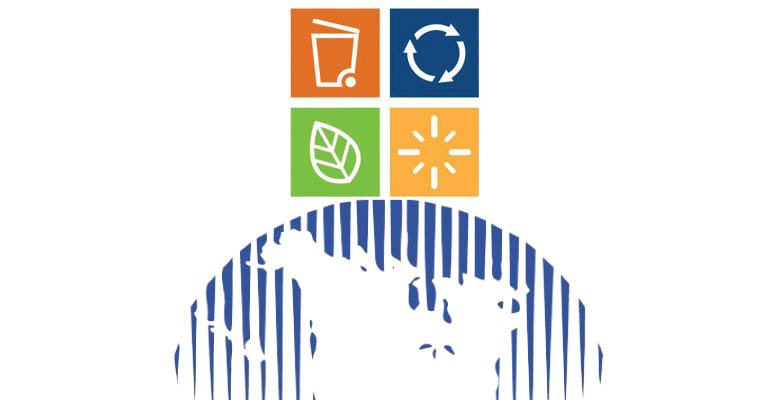The brief and checklist are designed to assist municipal leaders in making the best decisions possible for the communities they serve.

The waste and recycling industry’s two associations, the National Waste & Recycling Association (NWRA) and the Solid Waste Association of North America (SWANA), have released “Effective Responses to Emerging Waste Management Technology Proposals,” a brief on emerging waste management technology that’s designed to assist municipal leaders in making the best decisions possible for the communities they serve.
“NWRA and SWANA support the development of technologies, consistent with the U.S. EPA Waste Management Hierarchy and similar requirements in other countries, intended to minimize the final disposal of solid waste,” said NWRA Director of Technology Anne Germain. “Many of these technologies advance that goal and offer environmental and economic opportunities for communities. However, we warn that the accompanying risk should not be disregarded.”
The brief, which features a checklist to help decision-makers evaluate opportunities that utilize emerging waste technologies or existing management technologies in new applications as part of an environmental services program, is also designed to help municipal leaders identify and understand the possible risks and challenges of integrating new waste management technologies for areas such as anaerobic digestion, mixed-waste processing, transesterification, gasification and pyrolysis with outputs like synthesis gas, renewable natural gas, biochar and a range of liquid fuels.
“Even when officials are familiar with a proposed waste-related technology, project development, siting, permitting and implementation remain complex and require them to be diligent in reviewing unexpected or unsolicited proposals,” said SWANA Executive Director and CEO David Biderman in a statement. “What we’ve put together helps make this complex process easier to navigate.”
About the Author(s)
You May Also Like


